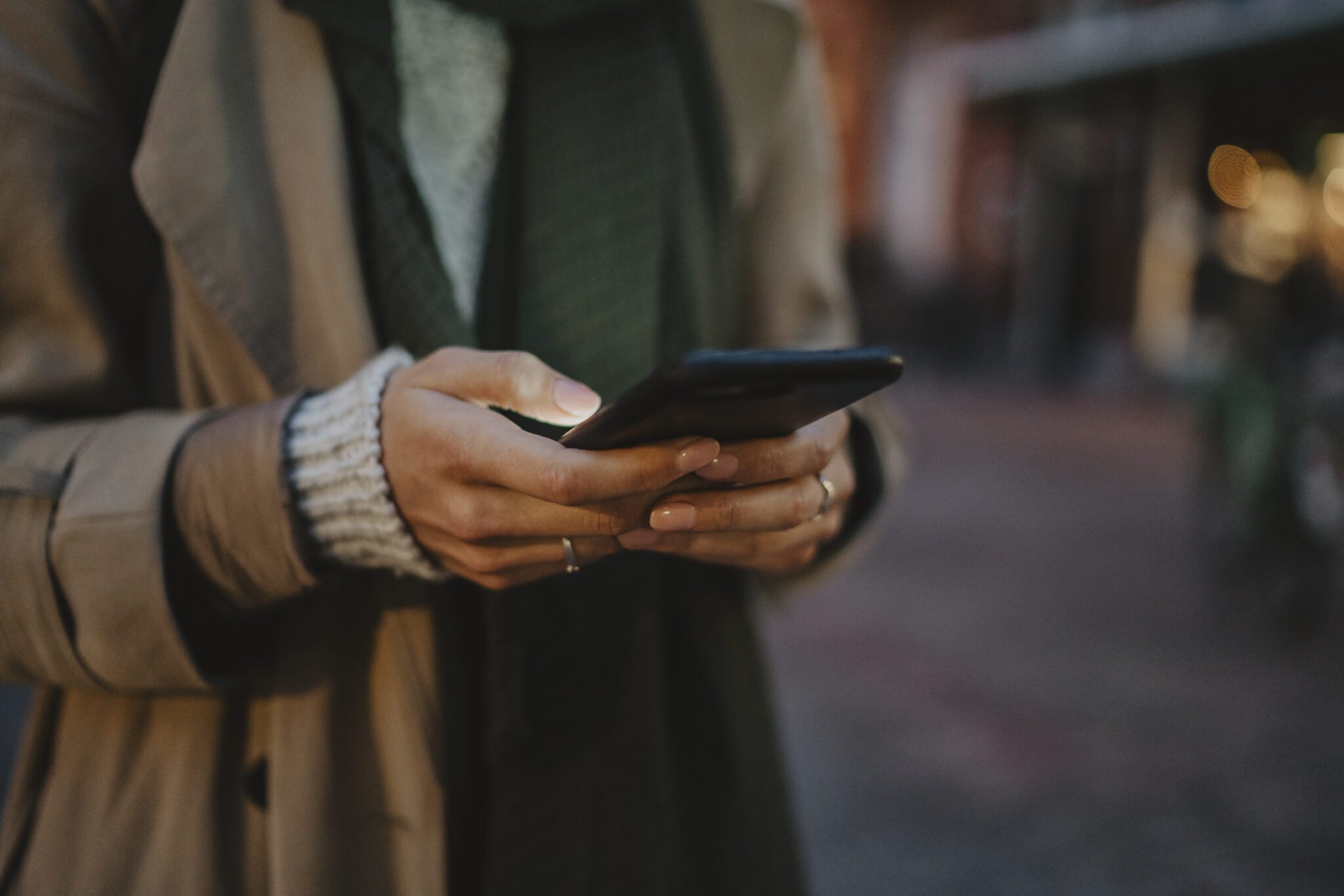By The New York Civil Liberties Union (NYCLU)
Now that vast amounts of our communications and personal information are available online, people increasingly face threats, censorship, harassment, or doxxing by people who seek to target people they disagree with.
Doxxing is the gathering and publication of personal information such as addresses and phone numbers by hostile parties to try to intimidate and even direct violence at someone.
We have seen a spike in these incidents. People who have spoken out in support of Palestinian rights have been doxxed, harassed, and blacklisted for exercising their First Amendment rights. Journalists have been doxxed for their reporting. Women have been doxxed and attacked online for speaking out against sexual assault. And trans people and their allies have been doxxed for exposing anti-trans activities and advocating for their rights.
Here are a few recommendations to help increase your digital privacy and protect you from being doxxed.
Minimise your digital footprint
Your social media presence can reveal a lot about you. You should review your privacy settings on your social media accounts. You may want to remove personally identifiable information, change your account visibility, edit who can see your posts, or remove certain media. Think about information that could offer further insights about you, like the GPS location data that is saved when you take a photo. You should consider whether the content of your posts allows others to learn where you live or commute to, such as posts about your favourite coffee spot or a selfie that shows your street sign in the background.
You might also want to opt out of the services of “data brokers” who sell personal data to pretty much anyone who will pay for it. Privacy Rights Clearinghouse has lists of brokers and instructions for opting out of these services. You can also take advantage of commercial services like DeleteMe that will find and request the removal of publicly available information about you.
Search yourself online
We recommend searching for yourself on Google, Bing, DuckDuckGo, or other search engines for your phone number and your first name, and your phone number and your last name. This will help you determine how easy or difficult it would be for someone with malicious intent to find information about you. Do the same for your street address and your first or last names, or with your full name alongside other information that is readily available about you on your social media profiles or workplace.
Cybersecurity best practices
Taking some basic steps to better secure your electronic devices and your online accounts can decrease the chances of being doxxed. Our Know Your Rights publication, Five Ways to Protect Against Cell Phone Spying, outlines how to maintain good phone hygiene, how to protect your passwords, and it recommends using privacy-preserving communication and browsing technologies.
You should encrypt your communications and traffic. Encryption ensures that your data can only be accessed and read by the people you want to communicate with. Any communication or web traffic that is not encrypted can be read by anyone who intercepts it. Thankfully, there are messaging apps and browsers that will encrypt your data so they can only be read by the party you send them to. Consider using Signal, a free and easy-to-use app for secure messaging, phone, and video calls.

